Ladies, every woman knows the signs of her menstrual cycle from beginning to end. You live with it just about every twenty-eight days from the age of twelve or so until your forties.
But what if the menstrual cycle isn’t twenty-eight days? What if a significant change hits you out of the blue? It is normal to have ups and downs in the levels of your hormones over the cycle, but large changes aren’t normal.
This could mean a hormonal imbalance.
In order for you to feel your best and to be healthy, a number of hormones in your bodies must work together. If one gets out of balance for whatever reason, the harmony of hormones working together disappears.
What Are Hormones?

Hormones are chemical messengers in the body that have an effect on nearly every aspect of both men’s and women’s health. They are produced in the endocrine glands and control most body functions from telling you when you’re hungry, to the complexity of reproduction, to moods and emotions.
Glands and Their Functions
The endocrine system is the origin of hormones. There are several glands that release hormones that are crucial to women.
1. Hypothalamus
The hypothalamus is sometimes called the controlling gland because it starts the cascade of hormones that ultimately end with the secretion of sex hormones. It does this by stimulating and controlling other glands.
2. Adrenal Glands
Adrenal glands sit on top of the kidneys and play a major role in the release of hormones that regulate the sex drive and cortisol (stress-fighting hormone).
3. Ovaries
The ovaries are the female sex glands. They secrete estrogen, progesterone, and testosterone.
4. Pancreas
The pancreas is the organ in the body that controls insulin secretion. Insulin, with its effects on blood sugar, is an important hormone for women’s health.
5. Thyroid and Pituitary
In addition to these other glands, the thyroid and pituitary play a part in hormone secretion and supply.
The thyroid gland creates thyroid hormones, which travels to all the organs and controls how the body uses food for energy. Your pituitary gland is referred to as the “master gland” because it tells all your other glands what to do.
Hormones and Their Functions
1. Progesterone
Progesterone readies the endometrium, or lining, of the uterus for a fertilized egg to be embedded. Generally, the endometrium thickens just before onset of your period, then sloughs off if an egg is not embedded.
Progesterone also dampens the muscle contractions that would reject an egg. If an egg is implanted, this hormone also stimulates the supply of blood to the endometrium in order to feed the growing fetus.
With high levels of progesterone, the woman will not ovulate, or produce eggs. Low progesterone levels will usually prevent pregnancy, and if you do get pregnant with low progesterone, you’re at greater risk of a miscarriage. Low progesterone also typically brings high levels of estrogen, leading to estrogen dominance.
2. Estrogen
Estrogen is the female hormone usually thought of first when the subject of hormones comes up. It is the primary hormone for women, initially responsible for directing the female body to grow to its physical form. It’s produced mostly by the ovaries, but also by the adrenal cortex in smaller amounts.
There are three common naturally occurring forms of this hormone: estrone, estradiol, and estriol.
Estrone is the weakest form of estrogen and can be found in women who go through menopause naturally and without hormone replacement therapy. After menopause, this is the only form of estrogen found in women. It’s the least frequently seen type of estrogen and is made in some amounts in fats and other tissues of the body.
Estradiol is the most potent form of estrogen and the one that produces the most effect. It is produced by the ovaries, but also can be converted from other hormones in the adrenal glands and the placenta. Estradiol has been implicated in several of the medical issues women can face. Endometriosis, fibroids, and possibly endometrial cancer can be made worse by high levels of estradiol.
Estriol is the third form of estrogen. It’s a waste product of the metabolism of estradiol. It only has effects on some of the estrogen receptors in the body. Only during pregnancy is it produced in any quantity.
3. Testosterone
Testosterone is usually considered a male hormone, but it is also produced by the ovaries. It is the hormone that stimulates the sex drive in both males and females.
If your level of testosterone is too high, it can lead to acne outbreaks, hair growth on unusual parts of the body, and loss of head hair. It can also lead to polycystic ovary syndrome (POS), a condition that can lead to infertility.
4. Pregnenolone
A hormone that isn’t as well-known as some of the others, but one that has a tremendous effect on women’s health is pregnenolone.
If all of the hormones that affect women’s health are thought of as a waterfall, pregnenolone would be at the top of the waterfall. It has been called the “mother hormone” by some researchers and clinicians because it is the hormone so many other hormones are made from.
Pregnenolone is made mostly in the adrenal glands from cholesterol. It is then synthesized into other hormones, like DHEA, estrogen, and testosterone. Some women take supplemental pregnenolone to ease some of the symptoms of menopause because sufficient levels are needed to maintain hormonal balance.
5. DHEA
DHEA (dehydroepiandrosterone) is synthesized from cholesterol and produced in your adrenal glands. It is also a forerunner hormone for estrogen, progesterone, and testosterone.
Like pregnenolone, it’s considered a “mother hormone” because it fuels metabolism in the body. DHEA normally is highest in women in their 20’s, then declines until it’s 80% gone in their 70’s. While age-related decline of DHEA is normal, stress also significantly lowers DHEA.
There are a number of other hormones that are important to everyone’s health, but for the purpose of this article, we’ll focus only on those listed above. To a great extent, they’re considered the “female” hormones.
Symptoms of a Hormone Imbalance
There are many symptoms women experience when their hormones are imbalanced. The following are the most common:
1. Insomnia
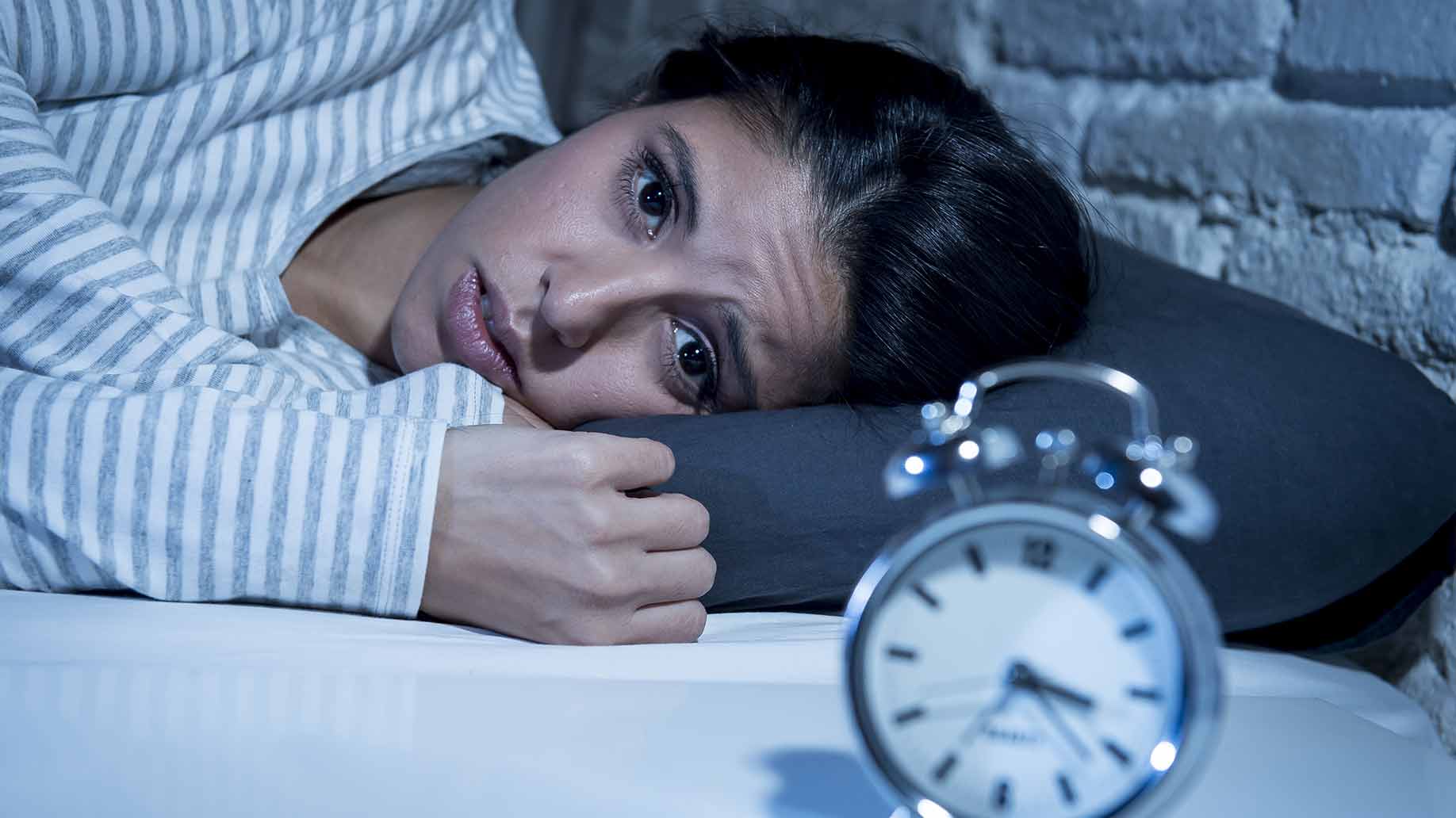
Low progesterone levels may be behind your sleep problems. In addition to trying to sleep, you may also have trouble staying asleep or going back to sleep after waking up early (sometimes as early as 3 a.m.). Naturally, lack of sleep brings on other issues throughout the day as well.
2. Acne Breakouts
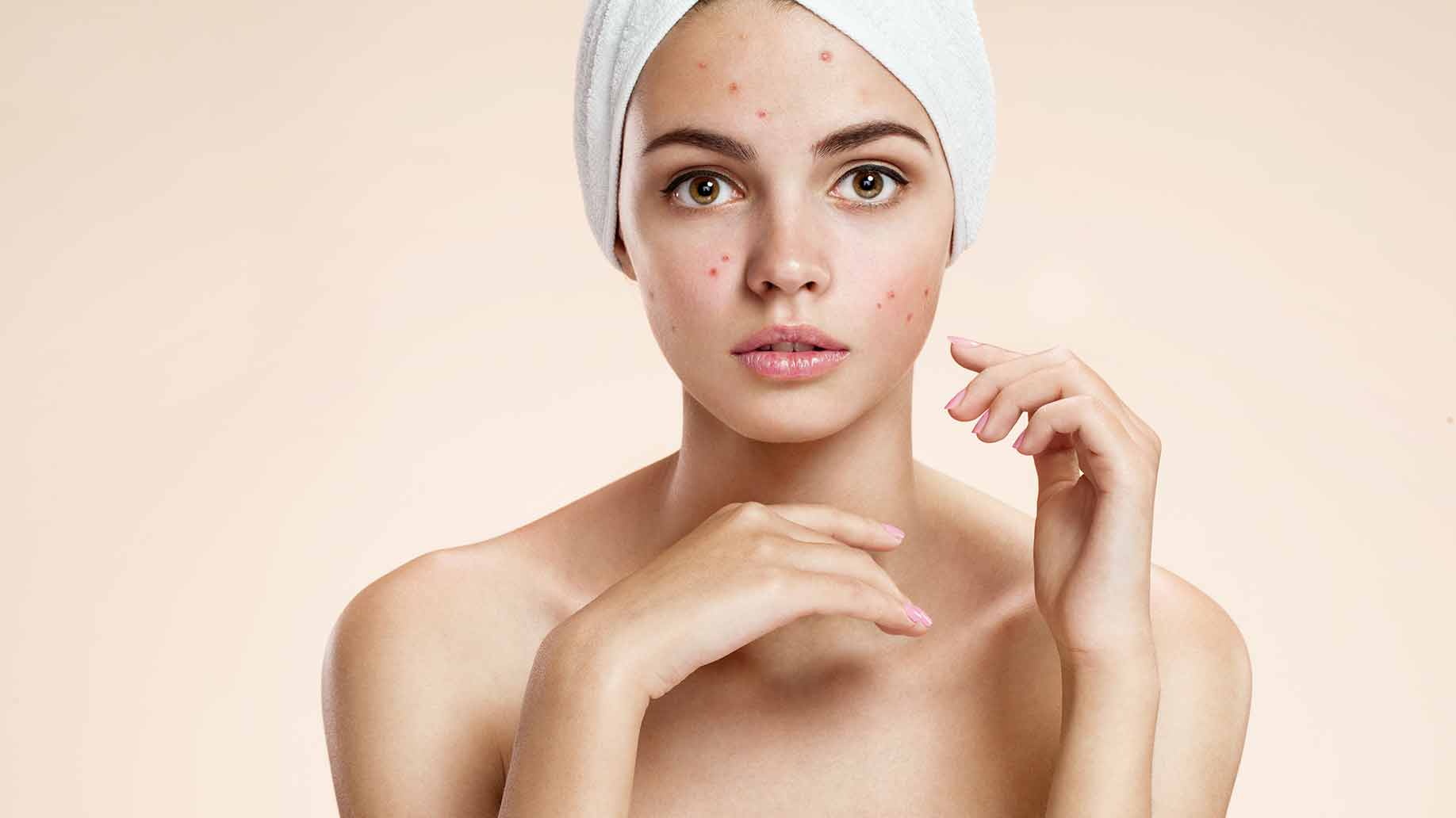
Period acne is different from the typical acne. It is more inflamed with red papules, and usually appears on the lower part of the face (jawline, chin, cheeks).
Ovaries are female glands that secrete hormones — estrogen, progesterone, and testosterone. They are vital to our hormonal balances and development. Two weeks before menstruation, estrogen levels drops while the production of testosterone remains the same. Testosterone is mainly thought of as a male hormone but women produce it too, in smaller amounts. As this imbalance grows between the two hormones, testosterone causes the oil glands in our pores to produce more sebum.
During the second half of our periods, progesterone levels rise. Elevated levels of progesterone also increases oil production, but it also causes our pores to swell shut.
When you mix sensitive skin, oily skin, oil that is trapped inside inflamed pores, and bacteria, you get breakouts.
3. Foggy Thinking
Low levels of estrogen can lead to difficulty concentrating and remembering. This can occur during your period, in the time leading up to menopause (perimenopause), and in menopause itself. Abnormal cortisol levels, the hormone that helps fight the effects of stress, may play a part in this issue as well.
4. Cravings

When lack of sleep due to hormonal imbalance is a problem, you may often crave sweets. Both males and females can fall prey to this craving. If salty foods are craved, it may be an indication of minerals being lost in urination and may indicate adrenal glands being under stress.
5. Digestive Issues
Flare-ups with digestive problems are common during periods. This may be because estrogen and progesterone levels vary during this time. Thyroid hormone may also play a part.
6. Feeling Tired
This can be a result of not sleeping well due to hormone imbalance. Night sweats and hot flashes interrupt sleep and may be due to low levels of estrogen. Insomnia may be due to progesterone being out of balance.
7. Mood Swings
Anxiety and depression alternating with elevated moods may be due to low testosterone levels.
8. Weight Gain
Gaining weight around the middle of the body is a common issue with women whose hormones are out of balance. Estrogen levels that are high can be a contributing factor. If progesterone levels are out of balance as well, this weight can be very hard to lose. Your thyroid may slow down metabolism, causing your pancreas to store fat around the middle.
9. Headaches & Migraines
Progesterone imbalance may be a factor if you have headaches and migraines during your periods or menopause.
10. Hot Flashes and Night Sweats
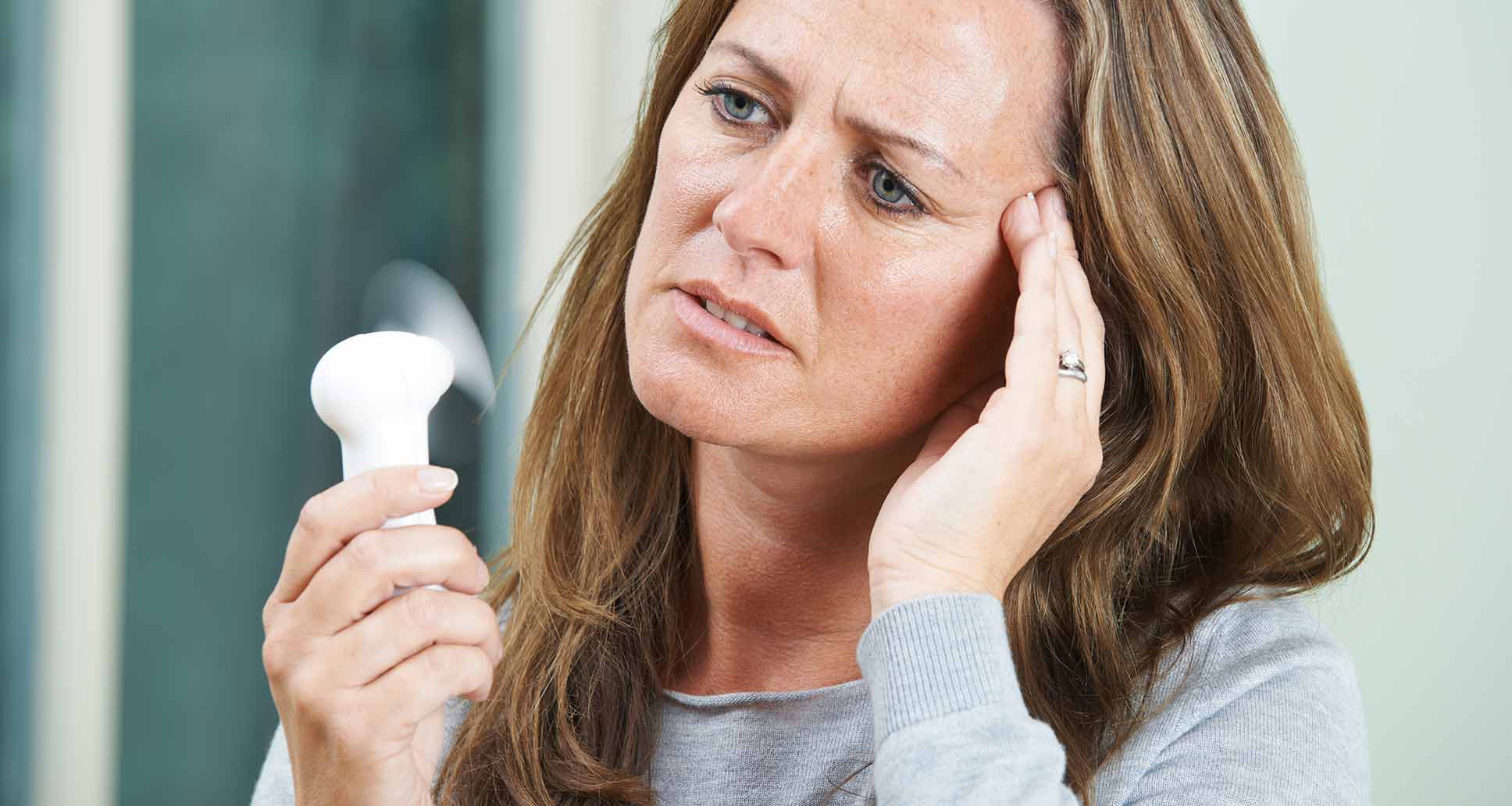
The terrible duo of menopause. Every woman who has gone, or is going through menopause knows the discomfort of waking up in the middle of the night, covered in sweat. Or feeling like you’re completely burning up any time of the day or night for no reason. Estrogen levels much too high, combined with much too low progesterone levels are likely to be the culprits.
11. Vaginal Dryness
Vaginal dryness is typically brought on by low levels of estrogen. This makes for painful intercourse and leads to relationship problems.
12. Breast Changes
Breast changes can be brought on by high levels of estrogen. Breast tenderness, lumps, fibroid tumors, and cysts can occur with high estrogen levels. Progesterone levels that are imbalanced can also lead to breast tenderness.
13. Loss of Libido
Low estrogen levels can cause you to lose interest in sex. Vaginal dryness and breast tenderness also adds to your lack of sexual interest.
14. Increased Likelihood of Infections
Estrogen levels that vary from too high to too low can make women more likely to get infections. High levels of estrogen may lead to multiple yeast infections, while low levels of estrogen may bring on urinary tract infections.
The Time of Your Life — Menopause
That time of life when massive changes are taking place in your body, including many hormonal imbalances. Some women seem to cruise through this time of change, while others suffer.
If you find yourself suffering through the “change of life,” it’s probably due to the hormone changes and imbalances more than anything else. But with sound, natural ways to re-balance your hormones, this time of your life can be a more free and pleasant time.
Let’s take a look at natural ways to deal with the hormone changes taking place in your bodies.
Treatment Options
1. Hormone Replacement Therapy
Since menopause is the typical time women have problems with hormones and imbalances, the first thing people think about as a treatment option is hormone replacement therapy (HRT). This is taking prescription medications to replace hormones, typically estrogen and progesterone, that are not being produced by the ovaries.
HRT has been seen as a risk in several serious health risks. The Women’s Health Initiative was a study begun in 1991 and scheduled to run for 15 years. It studied a large group of women of various ages and the effects of HRT.
The study was ended after 10 years because of the findings that suggested serious health issues. Some of those findings included:
- The incidence of breast cancer increased in women who were taking estrogen plus progesterone.
- Heart attacks, strokes, and blood clots in the lungs and legs were seen more often in women taking estrogen plus progesterone.
- The number of women with fractures or colorectal cancer decreased when taking estrogen and progesterone together.
In general, the risks associated with HRT appear to be greater than the benefits associated with this replacement therapy. Another finding was that HRT seems to make mammograms less effective in early abnormality detections.
How to Balance Hormones Naturally
There are other options for dealing with the symptoms that come from imbalanced hormones. These options are more natural, utilizes natural foods, plant-based herbs, and supplements. They appear to be useful for reducing these symptoms, no matter what a woman’s age is.
Please consult with your healthcare provider before starting any of these supplements or before stopping any prescribed medications you may be currently taking.
The following suggestions for healthy foods and supplements can be helpful for balancing hormones, regardless of what age you begin having symptoms of imbalance.
1. Add Healthy Fats
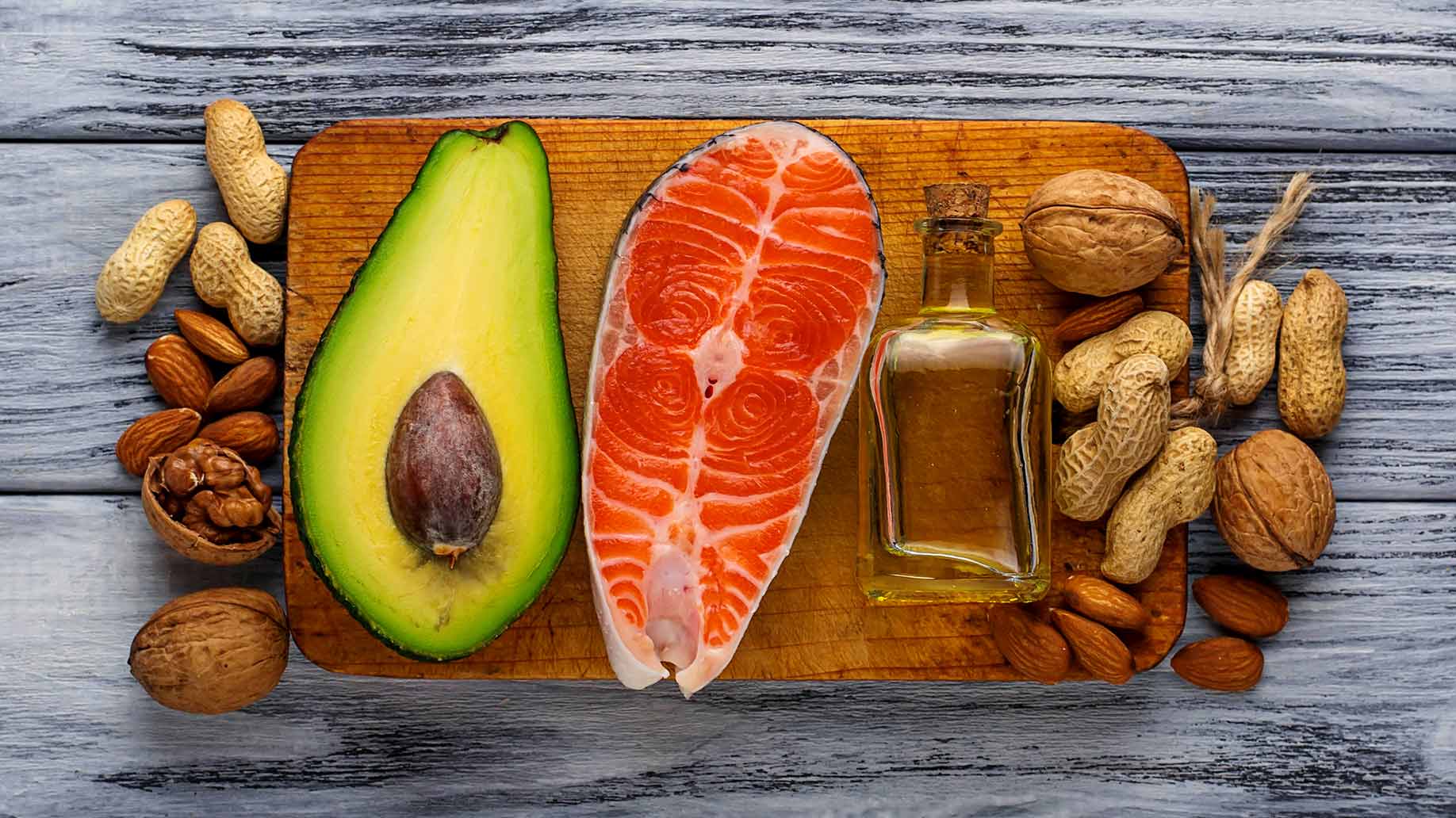
Coconut oil, avocado, butter from grass-fed cows, and wild caught salmon are good sources of healthy fats. Various kinds of fats are used by your body to produce hormones. They also lower your inflammation risk, increase metabolism, and can lead to weight loss.
Recommended:
2. Balance Between Omega-3 & Omega-6
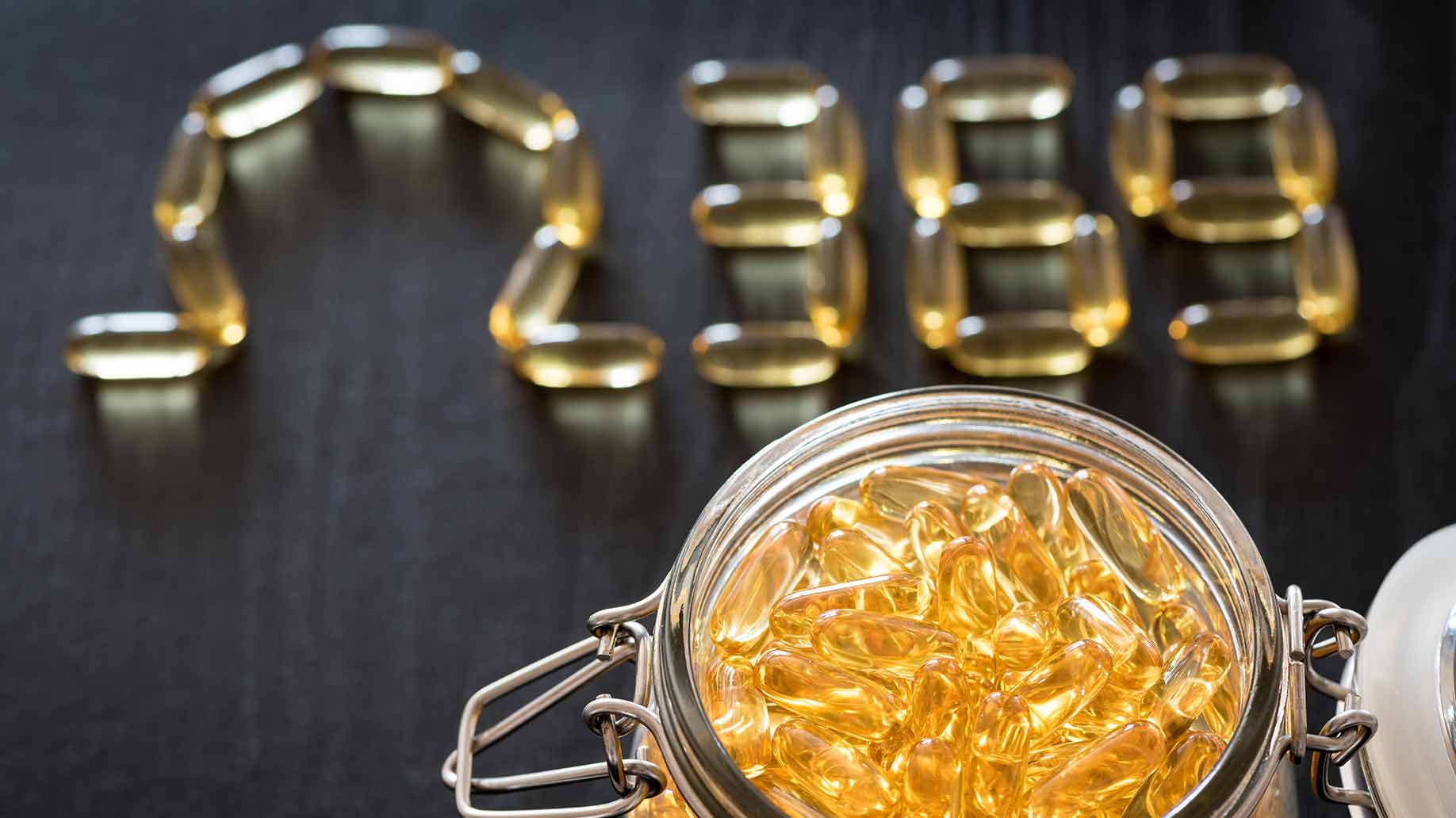
Recently, there has been a big increase in inflammation and associated illnesses in the U.S. Much of this is due to an over-abundance of Omega-6 fatty acids (poultry, eggs, cereal, whole grain bread, hemp oil, vegetable oils, nuts) and not enough Omega-3 (mackerel, salmon, cod liver oil, chia seeds, flax seeds, tuna, sardines, anchovies, egg yolk, walnuts).
One type of Omega-6 women should increase is GLA (gamma-linoleic acid). This can be found in supplement form or in hemp seeds. Some studies have shown GLA to support good levels of progesterone.
Recommended:
3. Limit Alcohol & Caffeine Intake

Too much caffeine acts just like too little sleep. It ramps up the system, increases heart rate, improves alertness, and changes the way the brain uses hormones.
Too much alcohol adds to estrogen dominance, limits the functioning of the pancreas, and lowers testosterone levels.
4. Lifestyle Changes

One effective way women can deal with imbalanced hormones is to reduce the amount of stress in their lives. Another is to increase exercise to an appropriate level.
Beneficial exercises include 45-minute workout sessions, circuit training (improves insulin response, increases testosterone and stimulating growth hormones), yoga (decreases adrenalin and boosts GABA, the calming neurotransmitter) and weight training (stimulates growth hormones).
Recommended:
5. Add Vitamins and Minerals
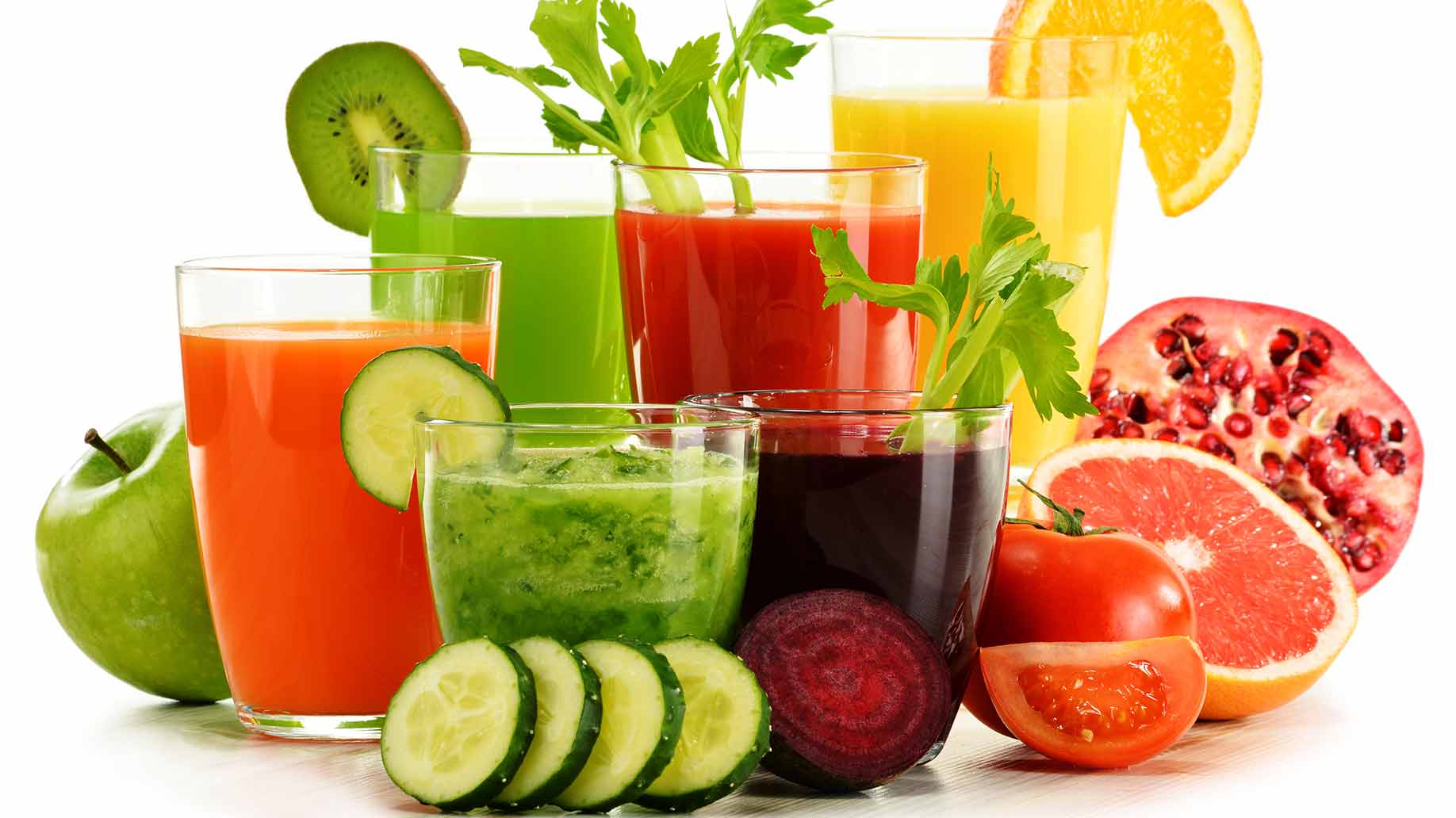
Some of the vitamins women need in their diets to support healthy hormone levels include vitamin B6, vitamin D, zinc, and magnesium. These vitamins and minerals can be consumed as supplements or in foods like whole grains, nuts, legumes, vegetables, seafood, and poultry.
Recommended:
- Multivitamin & Minerals – Organic Ingredients
- Multivitamin for Women – Raw Whole Food with Probiotics
- Multivitamin for Men – Raw Whole Food with Probiotics
Herbs
Herbs also can be valuable in helping to balance hormones. There are basically two broad categories of herbs to be considered: phytoestrogenic and non-phytoestrogenic.
The phytoestrogenic herbs contain plant-based estrogen compounds. When these are eaten, they add plant-based estrogens to the body. This may lead the body to not produce estrogen of its own. While herbs can be beneficial in re-balancing hormones at any age, you must be careful in using phytoestrogenic herbs since they contain estrogen compounds.
Younger women who consume these herbs could actually add to their imbalance by ceasing to produce estrogen naturally. These types of herbs could be of more use for women who have at least started menopause.
6. Black Cohosh
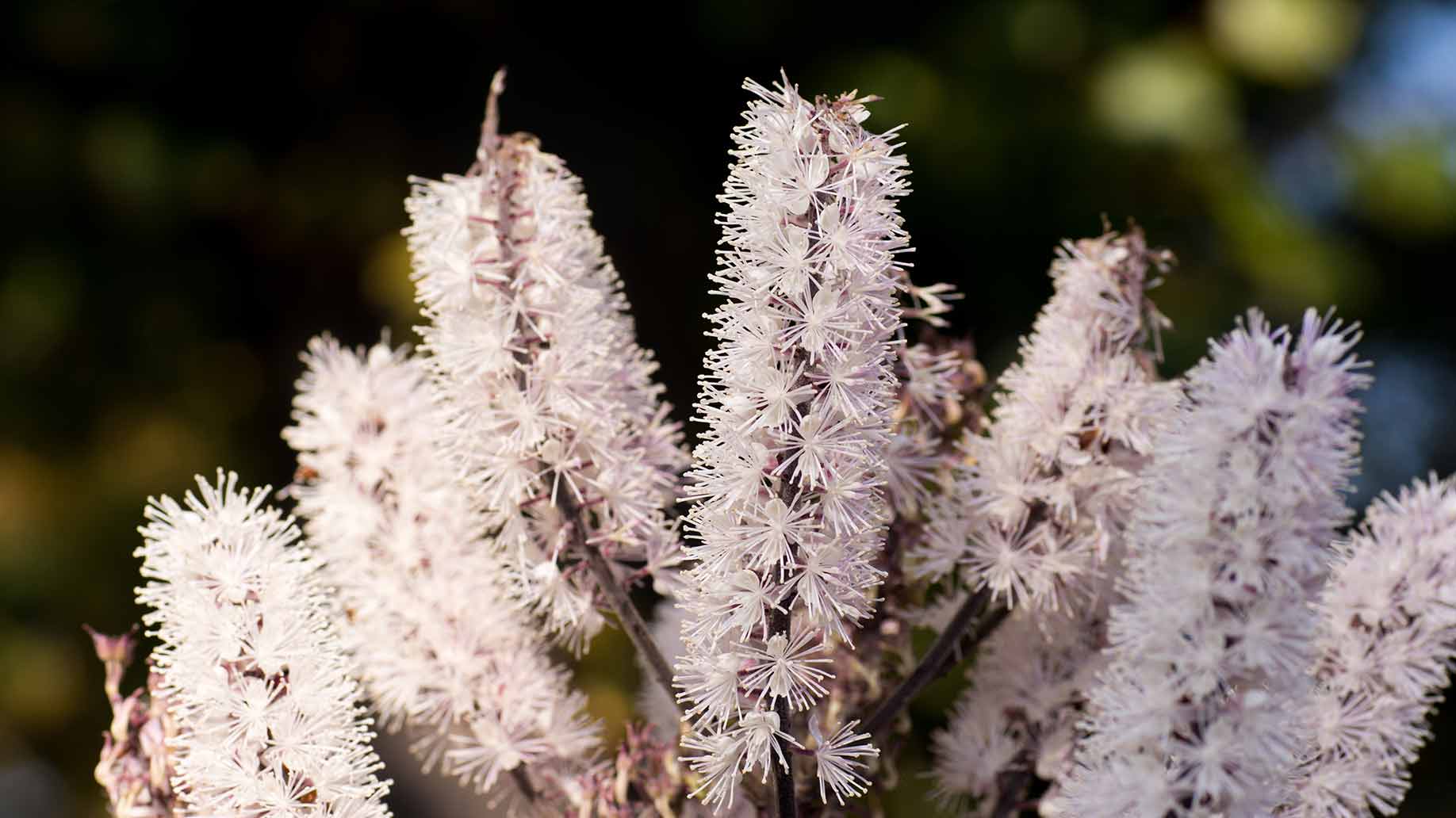
Black cohosh (Cimicifuga racemosa) is one of the oldest phytoestrogenic herbs used to help balance hormones and battle the symptoms of menopause. This herb acts like estrogen in the body and relieves hot flashes. It is said to decrease inflammation often seen in hormone imbalance.
Black cohosh also helps regulate menstrual periods and relaxes the uterine muscles to help with menstrual cramps.
Recommended:
7. Ginkgo Biloba

Ginkgo biloba is also a phytoestrogenic herb that increase cognitive abilities. This can help women who suffer from memory lapses during menses or menopause. Non-phytoestrogenic herbs nourish and stimulate the pituitary and endocrine glands so they produce natural hormones better. These hormones are said to regulate estrogen, progesterone and testosterone levels.
By stimulating and nourishing a woman’s own glands, these herbs appear to be safer to use than the phytoestrogenic herbs. Both menstruating and menopausal women may benefit from use of these herbs for hormonal imbalances.
Recommended:
8. Chasteberry
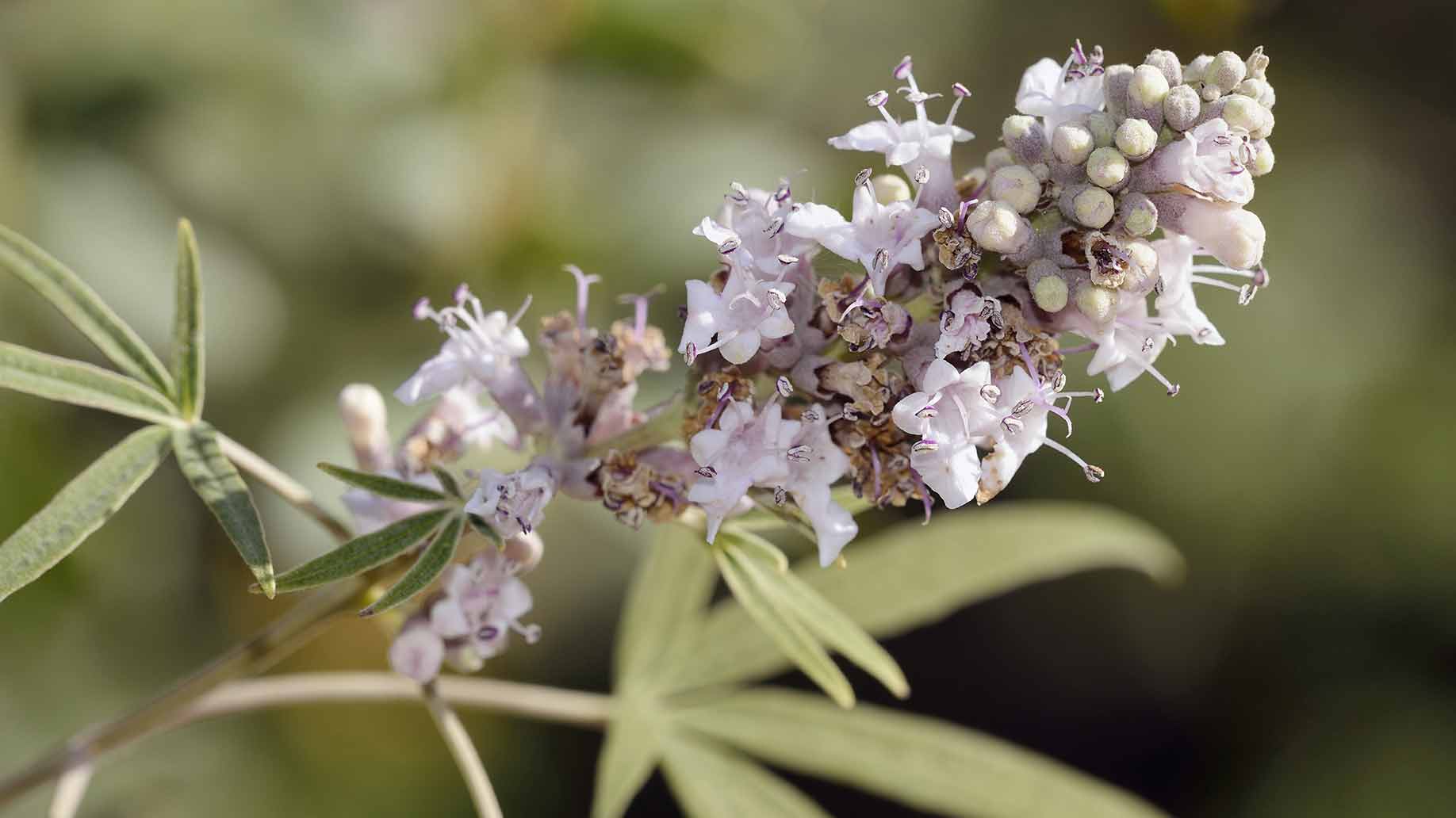
Chasteberry, also known as vitex, is one of those herbs that doesn’t fall into a specific category. It is very effective in relieving symptoms of PMS and menopause. For menstruating women, chasteberry is great at reducing uterine fibroids, clearing up acne, improving fertility, treating endometriosis and amenorrhea, and increases lactation. In menopause, vitex is highly effective against night insomnia, hot flashes, and anxiety.
Chasteberry creates a balance between progesterone and estrogen. It helps reduce tenderness and soreness of the breasts by regulating how much prolactin is secreted by the pituitary gland.
Recommended:
9. Ashwagandha
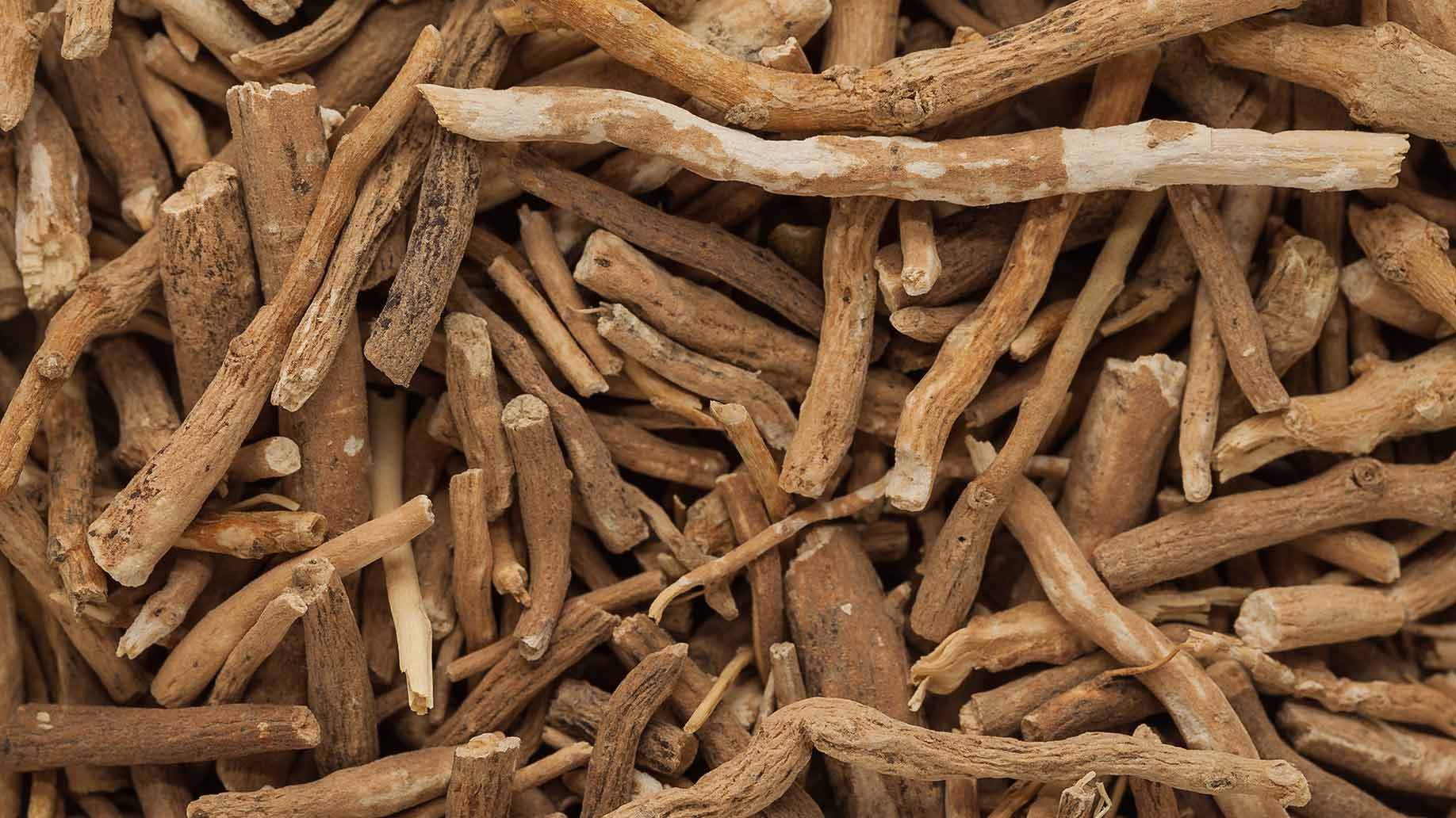
Ashwagandha is a root herb that is said to help with sleep, cognitive functions, and sexual arousal. Improving sleep can be a general help in dealing with symptoms of hormone imbalance. This herb draws blood to the women’s reproductive organs and increases sexual drive and sensitivity. Ashwagandha can also help with hot flashes, depression, and anxiety.
Recommended:
10. Macafem
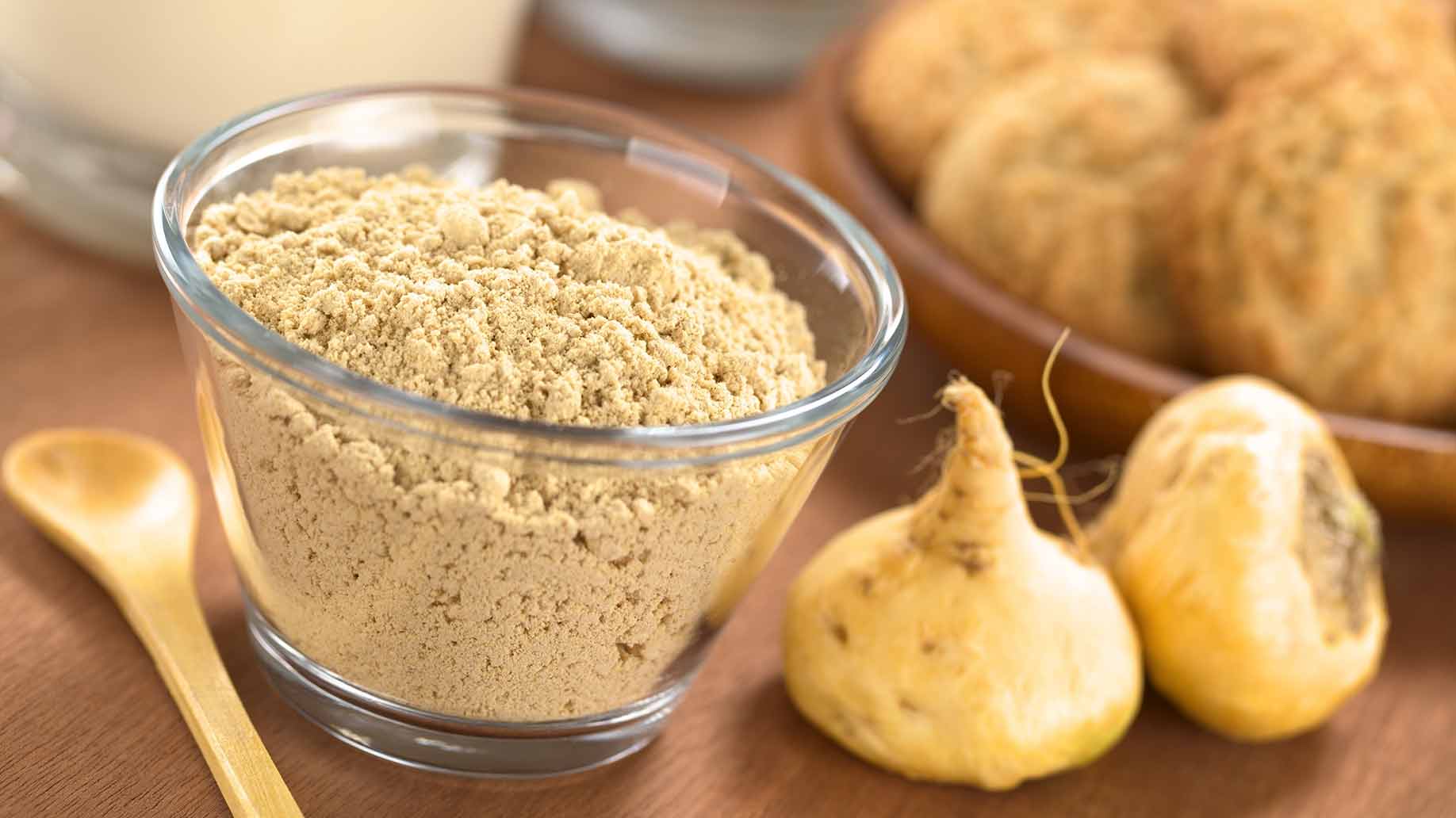
Macafem (Lepidium meyenii) is a root that contains unique alkaloids and has been used over 2000 years. Macafem contains numerous vitamins, minerals, and amino acids. These nutrients naturally improves the body’s endocrine system and supports the regulation of the hormonal system.
During menopause, estrogen levels drop, which can lead to night sweats, hot flashes, fatigue, depression and anxiety, mood swings, night insomnia, and low libido. Macafem is a non-phytoestrogenic herb that helps to relieve symptoms of menopause. It increases libido, balances hormones, and raises energy levels.
Recommended:
11. Rhodiola
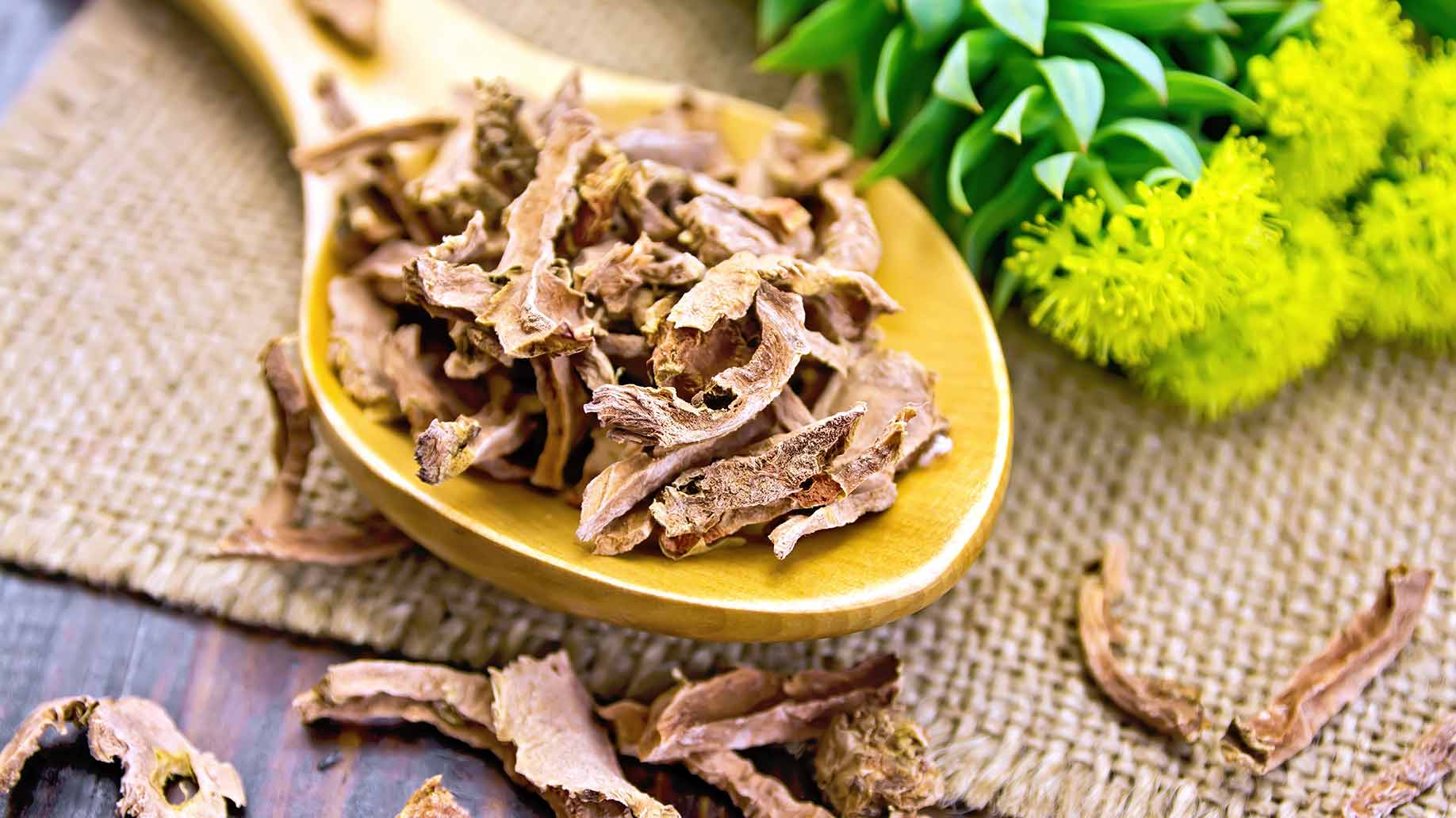
Rhodiola is another non-phytoestrogenic herb that works directly on the brain. It has some effect on the pituitary in the production of estrogen. It also helps the body handle stress more effectively, lowers cortisol, helps burn belly fat, increases focus and memory, ramps up energy levels, and fights mood disorders. If you take this supplement, make sure it is guaranteed Siberian-grown and has had exposure to some stress.
Recommended:
Bioidentical Hormones
Bioidentical hormones have been shown to be effective in helping women handle the imbalances of hormones that may occur. These are compounded substances made from natural ingredients and are, as the name implies, identical to human hormones.
This category of treatment options for hormone imbalance may be beneficial for women who are still menstruating as well as those who are in menopause. It’s important for you to consult with your healthcare professional before using them.
12. Bi-estrogen
Bi-estrogen has been shown to be helpful in alleviating vaginal dryness, making intercourse more comfortable, and in reducing UTIs. Estriol is the component of bi-estrogen that helps in this regard. Estradiol, the second ingredient, helps with vaginal dryness as well as night sweats and hot flashes, promotes sleep, and reduces the risk of developing Type 2 diabetes.
13. Tri-estrogen
Tri-estrogen adds estrone to the combination of estriol and estradiol in bi-estrogen. This combination is frequently given to women who are of low normal or below normal weight.
Some mild side effects may be encountered with bio-identical hormones. These usually go away with an adjustment in dosage levels.
Final Word
Up to 80% of women may suffer from the symptoms associated with hormone imbalance at some time in their lives. Most women who go into menopause will have these symptoms, but it is possible for women as young as 18 to begin having some symptoms. If these occur only during the woman’s period, they will go away once the period is over. But a large number of women suffer these symptoms at other times in their cycle as well.
With the adverse effects possible with hormone replacement therapy as traditionally used, having alternative ways of handling these symptoms is valuable. Using herbal, food, and lifestyle changes to deal with hormone imbalance will not work immediately. Changes that come naturally take time. However, the benefits of natural approaches to hormone balancing are worth the time and effort.

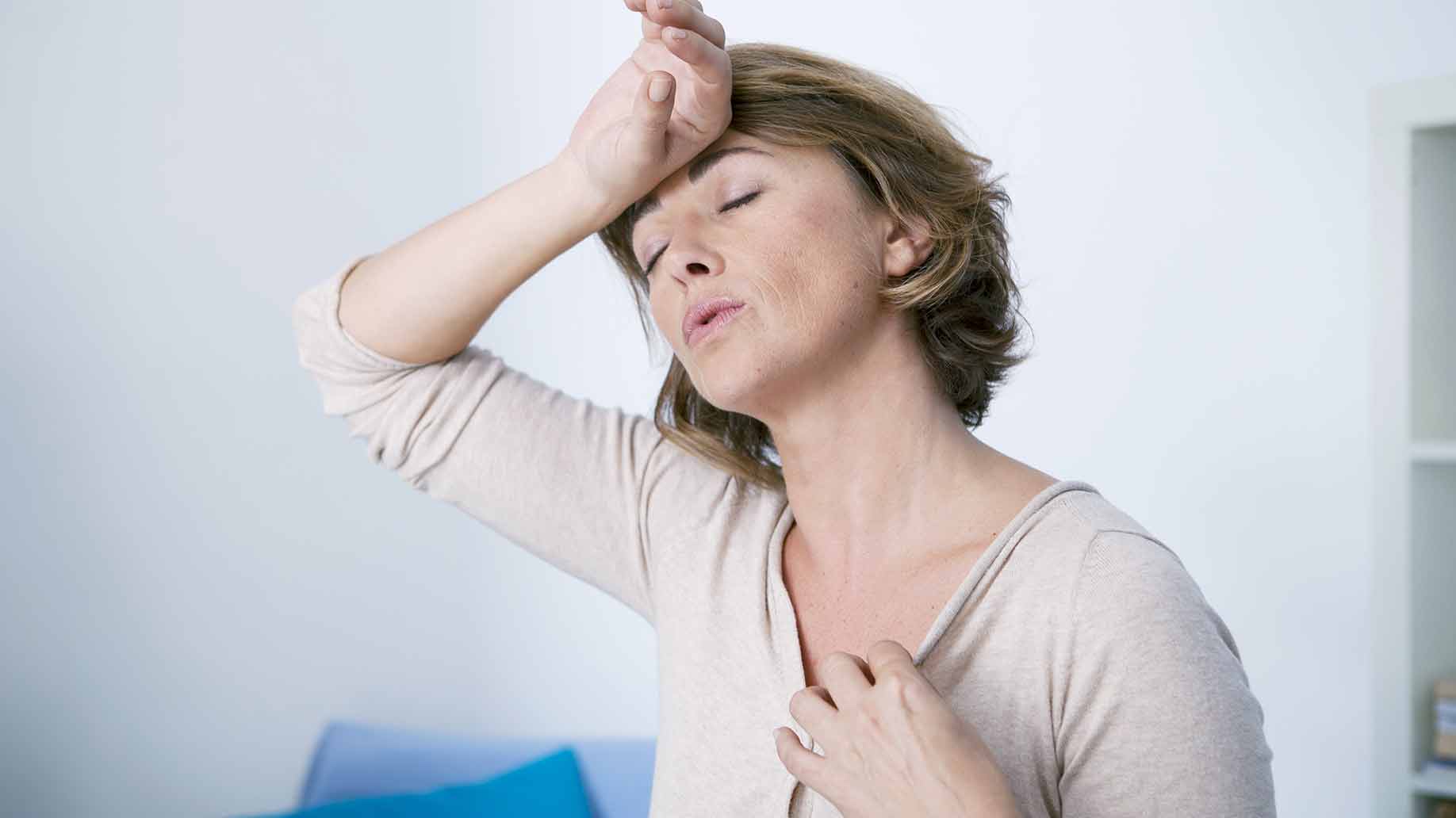



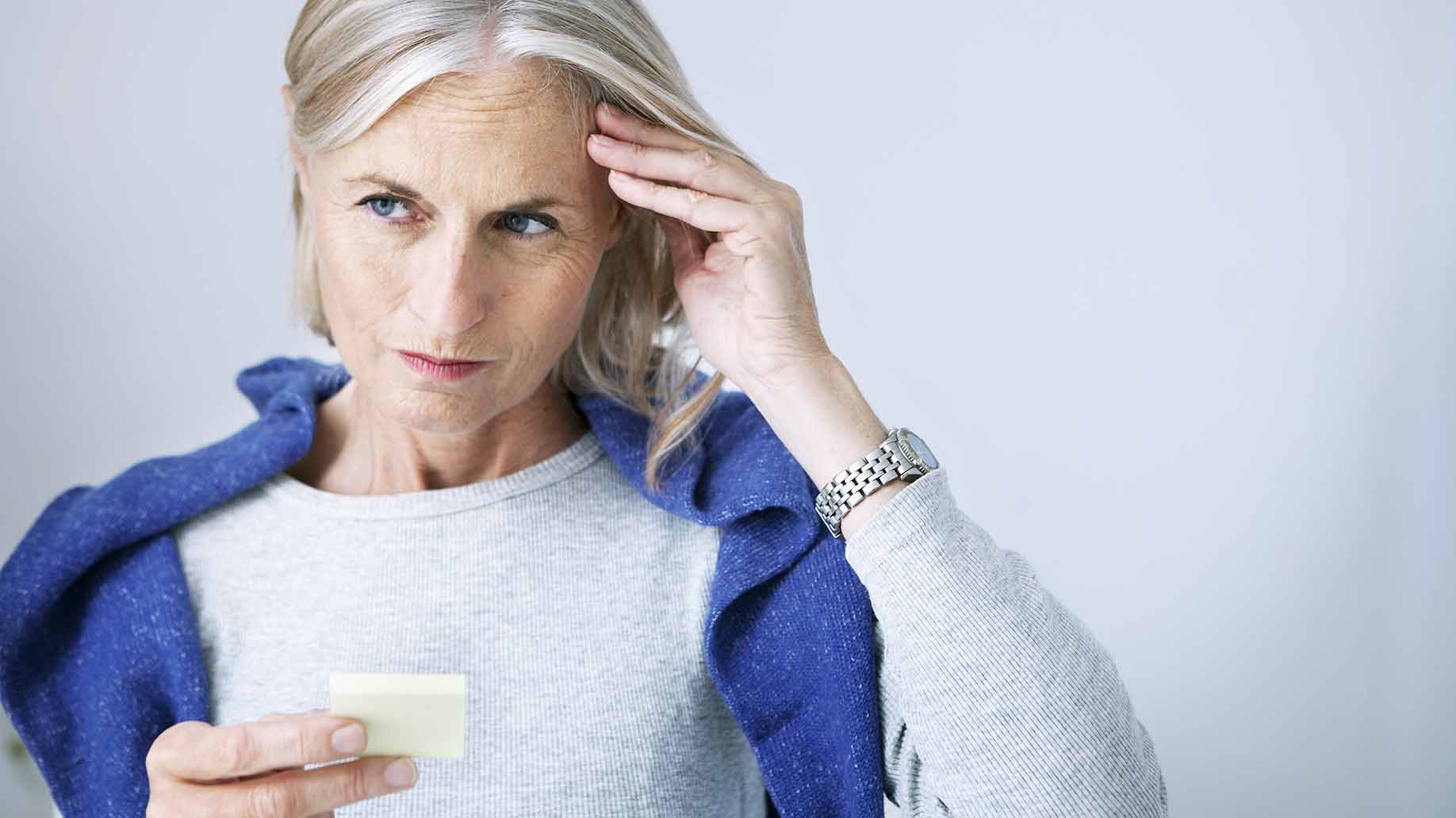
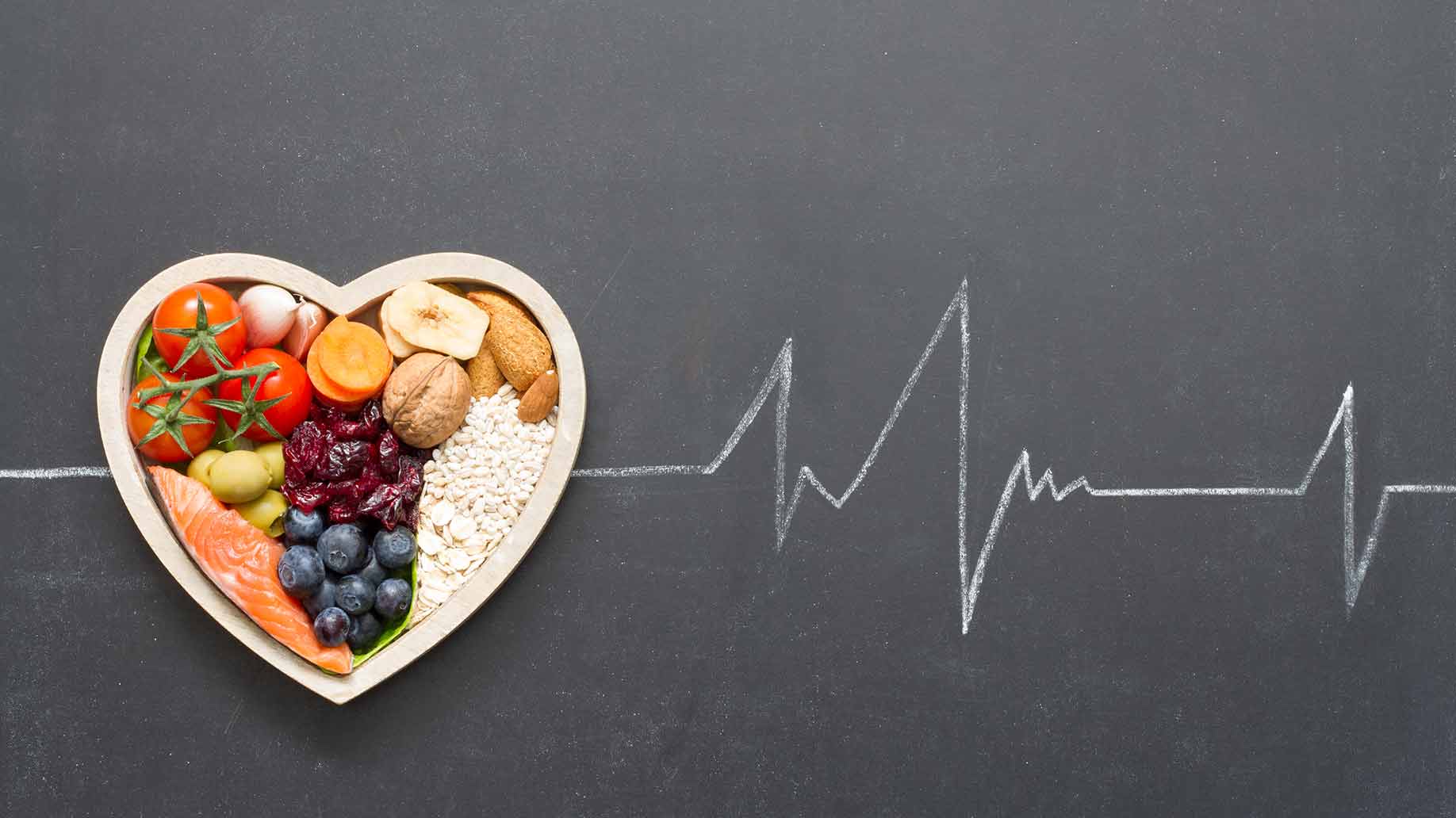


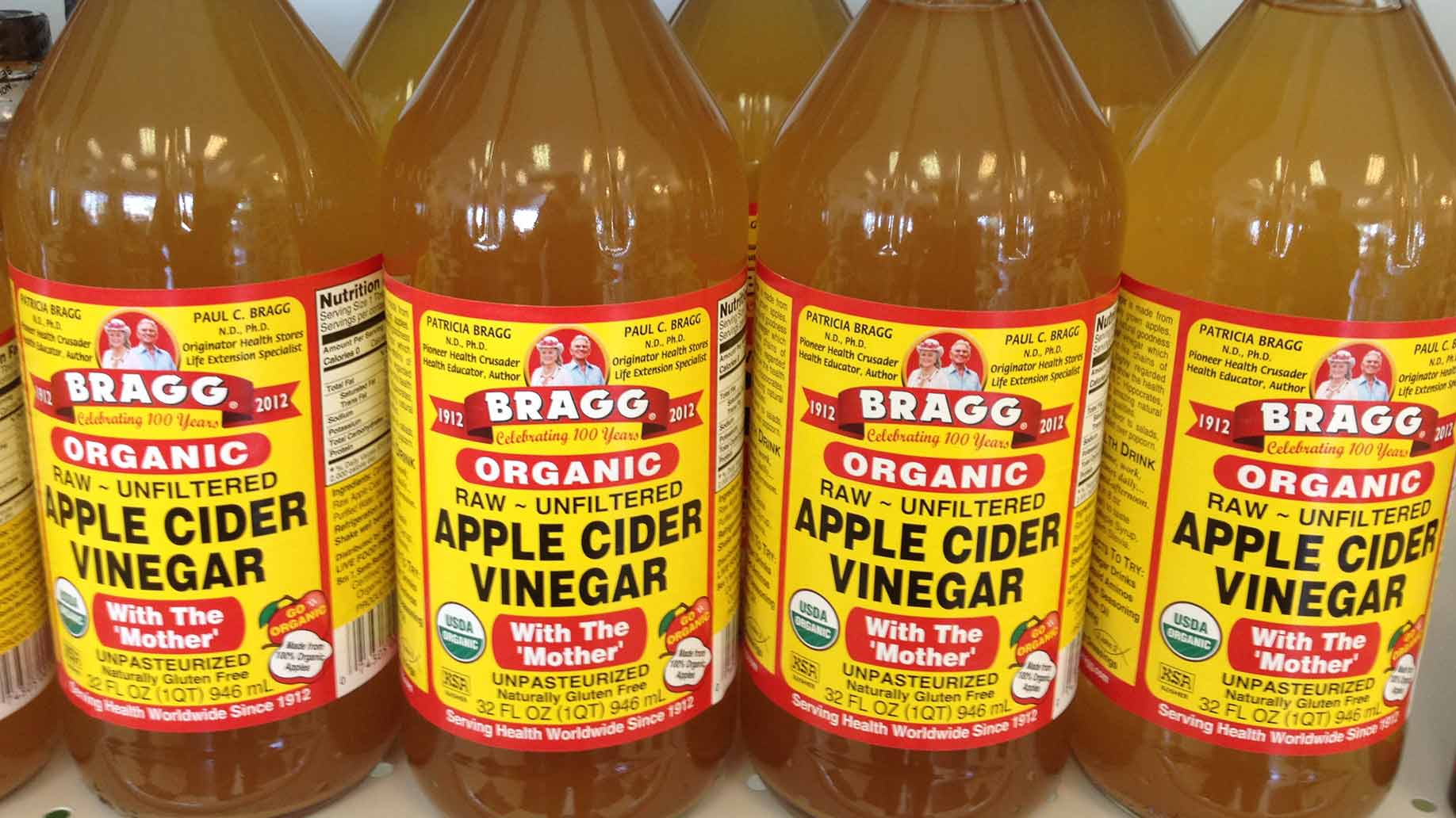
Where can i find this herb ? (Black Cohosh)
Black Cohosh Root
Black Cohosh takes a little bit of time to work, you can buy the tablets from health food shops.
Thanks for posting!
is bitter leave good for ballancing hormone
is orange grape good for one that has hormonial imbalance
Please where can I find the herbs as am tired to taking medicine. Have being lactating for 10 years of my life now please help.
Thanks
Amazon is the best place to buy all Indian herbs. EBay is even more cheaper then amszon.
Ashwagandha is available in any indian grocery store.
Is anybody try any of these herb, and have any good result .specially mood swings during periods snd before period.
Does any body have any natural herb that might ,be of use to alleviate Progesterone allergy .???
Need something for severe hot flashes postmenopausal
pls help me, iam suffering from hormones Imbalance, tell me exactly what to use, and where to get it, am living in ondo state in Nigeria
I am 66 years old and went to a gynecologist for help with tiredness, sweats etc. He said it was too late for me. There was nothing that can be done and I will just have to live with it. When I was younger, women were told not to take estrogen for fear of cancers. Now he said that wasn’t true but still it was too late for me. I was depressed when I left his office. My friend suggests herbal help instead of the estrogen given by doctors. Can someone help me?
chaste berry extract helped me quite a bit and many of PMS symptoms gone.
not sure how long i can take.
BRINDIA, no harm in trying herbs and i disagree that at 66 its too late.some educated herbalist can help for sure.
Brenda Gaines- I recommend you find another gynocologist, pronto! Consider requesting that your Primary Care Physician order a hormone panel (blood test) to get a baseline and see exactly what you’re dealing with. If any imbalances appear and your PCP does not feel comfortable treating you for this, then ask for a referral to an endocrinologist. Your body is a dynamic and resilient wonder, and it’s never too late to take control of your health! Good luck!
Sorry. Brindia. My phone auto-corrected and I didn’t catch it…
I am 68and had my hormone panel done…. Everything bottomed out and like you I left my GP office with no help… I am having awful HOT spells… palpitations, flushing… insomnia…I stopped my periods at 45…. Never had hot flashes or NS back then… Smooth transition until Now. Please post if you find relief.
Pls what exactly shuld I take because my menstral circle Runs more than A month and I found out it was as a result of Hormonal imbalance pls help me what natural something do I take
Dear Brindia, your gynecologist was wrong; of course it is not too late for you. Also, I want to ban the “J” word – “just” – as in “you’re ‘just’ getting older, or you ‘just’ have to live with feeling crappy.” The suggestions in this article are all excellent, plus bioidentical hormone therapy can be safe and effective in helping you feel better. Don’t give up!
My menses don’t come for six months now am confused what can I do
I am 44 i want to have another baby my hormones are not great my estrogen is not good and my eggs are not good either so I am looking for remedies to help me any suggestions
I am 34, I was on birth control for like 6 months. It is up to 8 months since I stopped but I’m finding it difficult to concieve. Pls any help?